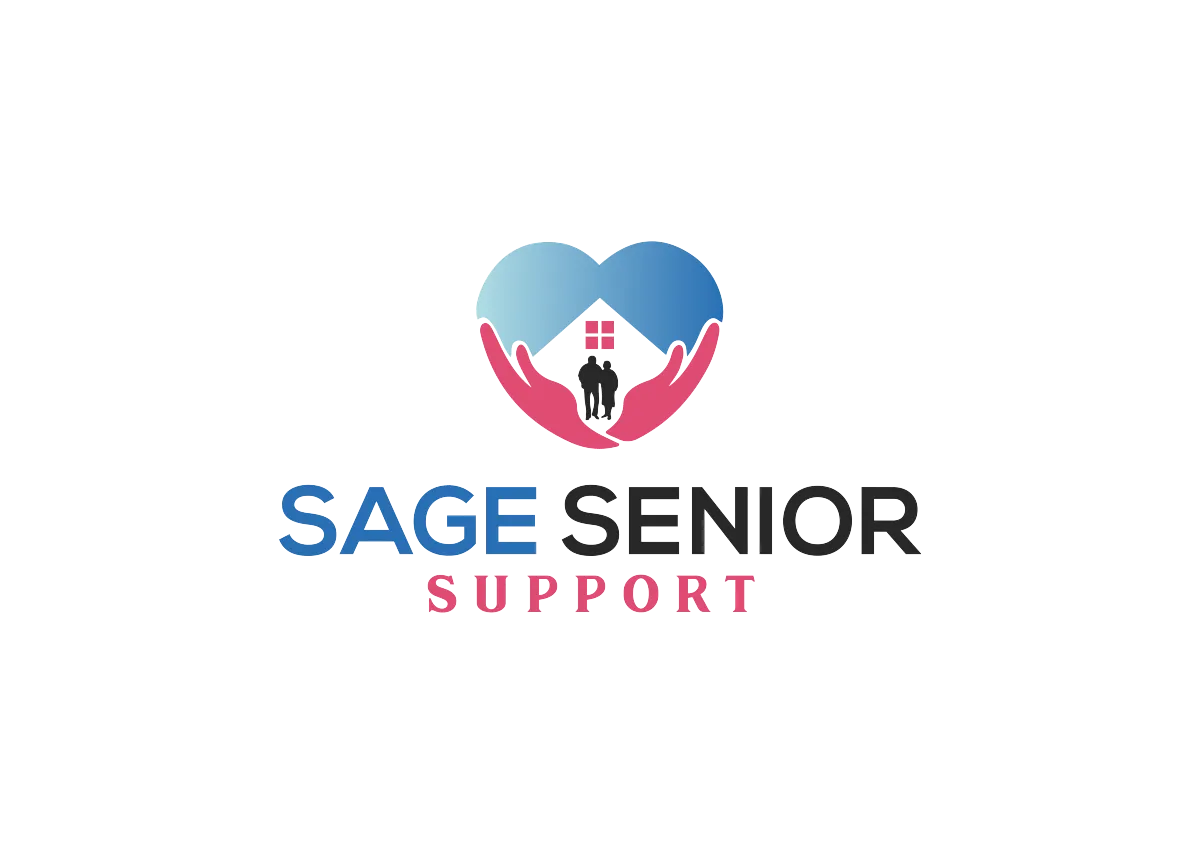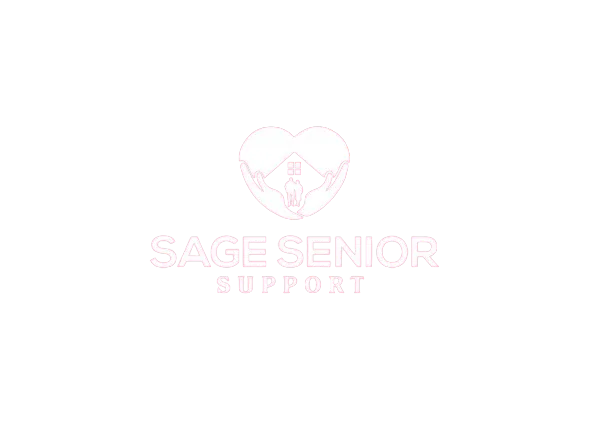
How Do People Afford Assisted Living in Dallas/Fort Worth? 5 Real Options
When families in Dallas/Fort Worth discover assisted living costs up to $5,238 monthly, the sticker shock is real—but so are the surprising funding options most people never know exist, including government benefits that can cover thousands.
Key Takeaways:
Assisted living costs in Dallas/Fort Worth range from $3,500 to $5,238 monthly, with memory care costs varying significantly by facility type and services
Government benefits like Texas Medicaid STAR+PLUS and VA Aid & Attendance can cover significant portions of care costs
Personal assets including reverse mortgages and strategic home sales provide immediate funding solutions
Most families combine multiple funding sources rather than relying on a single payment method
Local DFW resources offer free guidance to navigate the complex benefits application process
When adult children or caregivers in the Dallas/Fort Worth area face the reality of finding assisted living for their aging parents, the first shock often comes from the price tag. The second shock? Learning that Medicare won't cover most of these expenses. But families who successfully navigate this transition understand something vital: there isn't just one way to pay for care.

DFW Assisted Living Costs Range $3,500 to $5,238 Monthly
The financial landscape for senior care in the Dallas/Fort Worth metroplex varies dramatically depending on location, amenities, and level of care required. Assisted living facilities in the DFW area average $5,238 per month, while memory care costs can range widely based on facility type and specialized services offered.
These numbers represent more than just housing—they typically include meals, housekeeping, personal care assistance, and 24-hour supervision. However, the wide range exists because luxury communities with resort-style amenities can reach $8,000 to $10,500 monthly, while smaller residential facilities may start around $3,500.
Understanding these cost variations helps families budget realistically and avoid the common mistake of planning for "average" costs that may not reflect their specific needs. The key factor driving these differences is the level of care required, as communities charge additional fees for assistance with activities like bathing, medication management, and mobility support.
Government Benefits Can Cover Significant Portions
Many families overlook government assistance programs, assuming they won't qualify or that the application process is too complex. However, two major programs can substantially reduce out-of-pocket costs for eligible seniors in Texas.
1. Texas Medicaid STAR+PLUS Waiver Requirements
The STAR+PLUS waiver program allows eligible seniors to receive Medicaid coverage for assisted living services instead of being limited to nursing home care. To qualify, individuals must require nursing facility-level care and have monthly income below $2,901 with countable assets under $2,000 based on 2025 limits.
The income and asset limits might seem restrictive, but financial planning strategies can help families meet these requirements legally. For married couples, the non-applicant spouse can retain significantly more assets—up to $148,620 in some cases. Working with a certified Medicaid planner helps families avoid accidentally disqualifying themselves through improper asset transfers.
The application process typically takes 45 days, though disability determinations can extend this to 90 days. Families should begin applications as early as possible, even if care isn't immediately needed, as some waivers maintain waiting lists.
2. VA Aid and Attendance: Up to $2,795 for Married Veterans
The VA Aid and Attendance benefit provides tax-free monthly payments of $1,515 for surviving spouses, $2,358 for single veterans, and $2,795 for married veterans who require assistance with daily living activities. This benefit supplements regular VA pensions and can be applied directly toward assisted living or memory care costs.
Eligibility requires wartime service (including conflicts from World War II through the current Gulf War), an honorable discharge, and medical certification that the veteran needs help with activities like bathing, dressing, or eating. The financial requirement includes a net worth limit of $123,600, excluding the primary residence.
The application process can take 12-18 months, making early application vital. Veterans who served during qualifying wartime periods but never saw combat still qualify, and surviving spouses retain eligibility even after the veteran's death. Learn more about VA Benefits here, or we can help connect you with a local and trusted professional to help you in the process of obtaining VA Aid & Attendance benefits.
Personal Assets and Real Estate Solutions
For most families, personal savings and real estate represent the most accessible funding sources. The family home, typically the largest asset, offers multiple strategic options for generating care funding
3. Reverse Mortgages for Homeowners 62+
Reverse mortgages allow homeowners aged 62 and older to convert home equity into cash without monthly mortgage payments. The most common type, Home Equity Conversion Mortgages (HECMs), are federally insured and guarantee that borrowers never owe more than the home's value. Note that some lenders now offer reverse mortgages to homeowners as young as 55.
Homeowners can typically access up to 70% of their home's value through a lump sum, monthly payments, or line of credit. The loan doesn't require repayment until the homeowner permanently leaves the home or passes away. This strategy allows seniors to maintain homeownership while accessing funds for care.
However, reverse mortgages accumulate interest over time, potentially consuming most of the home's equity. Borrowers remain responsible for property taxes, insurance, and maintenance—failure to meet these obligations can trigger foreclosure. Families should consider how this affects inheritance plans and whether other funding options might better serve their long-term goals. For more information on a reverse mortgage, we wrote this article that dives deeper into how it may benefit you or a loved one.
4. Strategic Home Sales and Asset Liquidation
Selling the family home provides immediate access to what's often the largest asset in the estate. However, timing and market conditions significantly impact the final proceeds. Sales made during urgent care situations may not yield full market value, while strategic sales planned in advance can maximize returns. With a personal experience 10 years ago, Logan Hassinger created Sage Senior Support to help caregivers and adult children of aging parents avoid the common pitfalls of selling a home the traditional way. Selling a parent's home as-is in Dallas/Fort Worth during the transition process from home to a senior living community has many moving parts and that's where Sage Senior Support's expertise in this area brings it all together.
Families face the emotional challenge of sorting through decades of belongings while preparing the home for sale. Professional estate sale companies and certified senior transition specialists can manage this process, though their services come with associated costs. The decision between managing the sale independently versus hiring professionals often depends on family capacity and time constraints.
Alternative approaches include renting the property for ongoing income or selling to family members at fair market value. Each option carries different tax implications and timing considerations that should be evaluated with financial and legal professionals.
5. Insurance and Financial Products That Pay
Existing insurance policies often contain benefits that can help fund long-term care, even if they weren't specifically purchased for that purpose. Understanding these options can unlock significant financial resources.
Long-Term Care Insurance Claims Process
Long-term care insurance policies specifically cover assisted living, memory care, and in-home care expenses that Medicare typically doesn't address. However, activating benefits requires meeting specific "benefit triggers"—usually needing assistance with two or more activities of daily living or having cognitive impairment.
The claims process involves medical certification, care plan approval, and an elimination period (typically 30-180 days) before benefits begin. During the elimination period, families pay out-of-pocket while waiting for coverage to activate. Understanding policy language and working with experienced claims advocates can prevent delays and maximize benefits.
Policies purchased 15-25 years ago often contain outdated language that requires careful interpretation. Professional claims assistance can help families navigate complex policy terms and receive full entitled benefits.
Life Insurance Accelerated Death Benefits
Accelerated death benefits allow policyholders to access a portion of their life insurance death benefit while living if they meet qualifying conditions. These conditions typically include terminal illness, chronic conditions requiring long-term care, or needing significant assistance with daily activities.
The benefit provides immediate cash that can be used for any purpose, including assisted living costs. However, accessing these benefits reduces the eventual death benefit for beneficiaries. The amount available varies by policy but can range from 25% to 100% of the death benefit, depending on the qualifying condition.
Viatical settlements offer another option for life insurance policyholders with life expectancies of two years or less. Third-party companies purchase policies for amounts greater than cash surrender values but less than death benefits, providing immediate lump sum payments while eliminating ongoing premium obligations. If you're considering a life insurance settlement, read this article for more information.
Bridge Loans: Quick Access to Funding
Bridge loans provide immediate funding—sometimes within 24 hours—while families wait for permanent financing solutions like home sales or benefit approvals. These short-term loans typically last 6-18 months and function like credit lines, allowing families to draw funds as needed for care expenses.
Interest rates are higher than traditional loans, often ranging from 6-12%, and loans are frequently secured by real estate collateral. Despite the higher costs, bridge loans solve the critical timing problem many families face when needing immediate care placement while waiting for asset liquidation or benefit approval.
The strategy works best when families have a clear timeline for permanent funding. For example, using a bridge loan to cover initial assisted living costs while waiting for a home sale to close, then using sale proceeds to pay off the loan and fund ongoing care.
Bridge financing is another way Sage Senior Support caters to caregivers and adult children with aging parents to alleviate some of the financial burden of senior living. Book a care planning session with Sage Senior Support to understand your family's options.
Local DFW Resources and Support Systems
The Dallas/Fort Worth area offers several established organizations that provide free guidance and assistance with navigating senior care financing options. These resources don't typically provide direct financial grants but serve as invaluable guides through the complex benefits landscape. Sage Senior Support offers a specialized resource to help families understand their complete range of options and develop strategic funding plans.
The Senior Source (Dallas/Collin Counties)
The Senior Source operates an Elder Financial Safety Center that provides unbiased guidance on financial well-being and assistance with public benefit applications including Medicaid, Medicare Savings Programs, and SNAP benefits. As a National Benefits Enrollment Center, they help families navigate complex application processes that often overwhelm families attempting to manage them independently.
Their services include benefits counseling, fraud prevention education, and connections to other community resources. The organization understands the local landscape of senior services and can provide referrals to trusted professionals including elder law attorneys, financial planners, and healthcare providers.
United Way of Tarrant County ADRC
The Aging & Disability Resource Center offers free, personalized support for older adults and caregivers throughout Tarrant County. Their services include long-term care planning assistance, help locating affordable housing options, and guidance on Medicare and VA benefits applications.
The ADRC serves as a single point of contact for families seeking information about available services and benefits. They provide assistance with service denials and appeals, helping families understand their rights and options when initial applications are rejected. Their local knowledge proves especially valuable for families unfamiliar with Texas-specific programs and resources.
Most Families Need Multiple Funding Sources Combined
Successful senior care financing rarely depends on a single funding source. The most effective strategies combine immediate cash flow solutions with longer-term benefit programs, creating layered financial security that can adapt to changing needs and circumstances.
A typical successful funding plan might begin with a bridge loan or personal savings to cover immediate placement costs while simultaneously applying for VA benefits and preparing the family home for sale. Once benefit approvals come through and home sale proceeds are available, the family can pay off short-term loans and establish sustainable long-term funding.
This strategic approach recognizes that senior care needs change over time, often requiring higher levels of care and associated costs. Building flexibility into financial plans helps families adapt to changing circumstances without facing funding crises that force difficult decisions about care quality or location.
The key to successful implementation lies in starting the planning process as early as possible, even before immediate care needs arise. Benefit applications, financial planning, and asset preparation all take time, and families who begin these processes proactively have more options and less stress when care transitions become necessary.
For families in the Dallas/Fort Worth area seeking expert guidance on navigating senior care options and developing funding strategies, Sage Senior Support provides specialized assistance in creating personalized care and financial plans.


